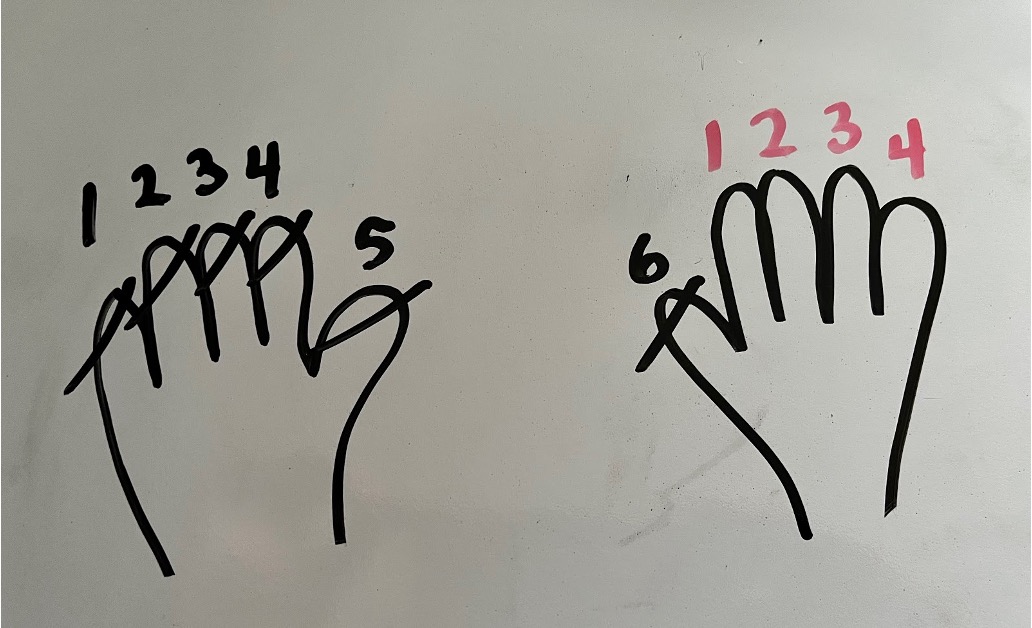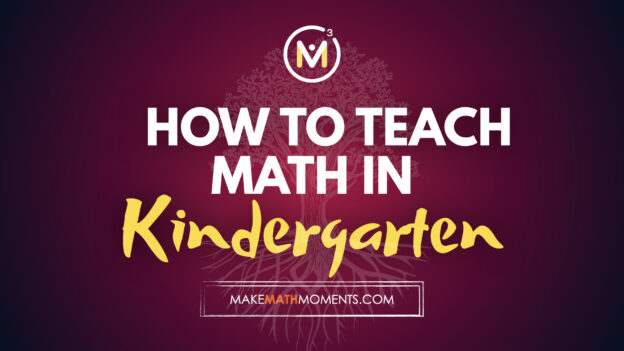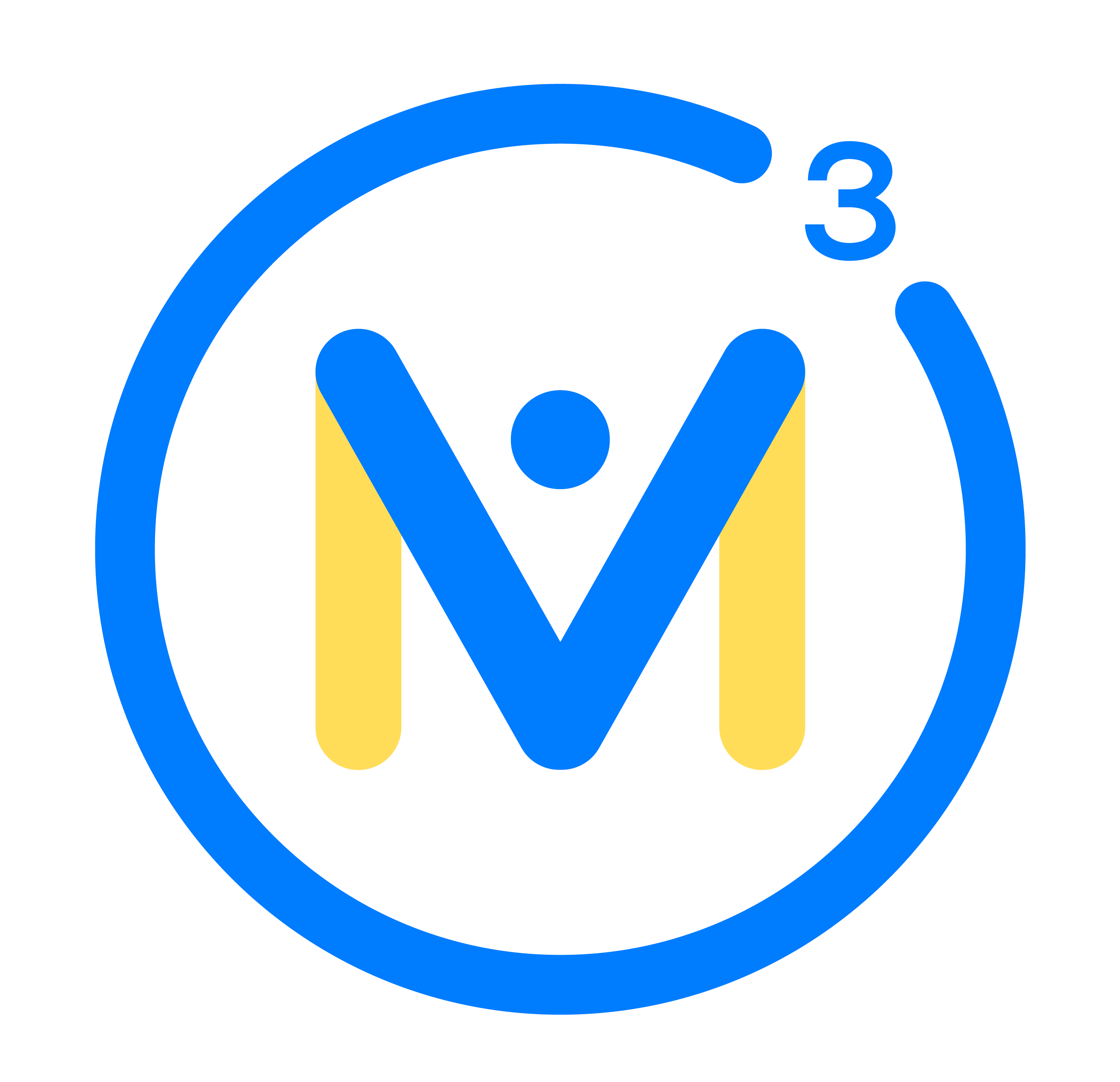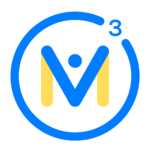
How To Teach Math in Kindergarten
Gain a clear guideline for Kindergarten math plus progressions of activities that are developmentally appropriate for your young minds.
By taking this course you’ll save valuable prep time by taking the guesswork out of planning, your feeling of overwhelm and directionless-ness in a play-based learning environment will disappear.
Do you feel like you are just “winging it” in your kindergarten program? You only have 2 years before Kindergartners turn 6 and then their absorbent mind becomes significantly less absorbent.
Wasting time floundering from one activity to the next without having a clear picture of where we are going only hurts our little ones..
Not knowing our program makes it very difficult to understand where to start and what to look for.
Learn how to create a solid big-picture plan and how to execute it in Kindergarten.
Gain a clear guideline for Kindergarten math, plus progressions of activities that are developmentally appropriate for your young minds.
By taking this course you’ll save valuable prep time by taking the guesswork out of planning. Your feeling of overwhelm and directionless-ness in a play-based learning environment will disappear.
Learning how to teach math in a Kindergarten classroom takes three (3) steps:
- Understand the progressions of early years mathematical ideas so you can help your students on their journey. Where do I start and what comes next?
- Build your tool set of classroom activities, routines, provocations, and manipulatives so you can be flexible in your busy environment.
- Learn what to look for when teaching math so you can assess your students on the fly and build your reports.
Kindergarten Is A Different World and Not For Everyone
In Kindergarten many school districts do not provide pacing guides, or a list of activities to follow. Most times professional development and support for Kindergarten teachers is an afterthought.
Unfortunately, most school leaders will place a teacher into Kindergarten are expect them to just “know what to do”.
In Kindergarten teaching everyone at the same time with the same lesson at a desk with pencil and paper is not an option!
Without taking action and learning how to teach in a play-based learning environment by this time next year you’ll still be wondering what strategies are most important for developing early number sense and how to implement them in the classroom.
The Right Plan Is Your Ticket To Flexibly Focus
If you have a research based plan in place it’s easy to understand where to start, and to know what you’re looking for when kids play. Having the right plan now not only allows you to know what you’re looking for, but it also allows a teacher to know what to fall back on if a child isn’t ready for the next step yet. Kindergarten learning is so individualized. Almost every child is learning at their own level.
It’s called organized chaos and the key is to know your program inside and out.
Take this course now so you can learn and use our plan to take creative ideas and turn them into a confident, organized kindergarten classroom.
Instructor:
Scarlett Orr
Certificate:
A certificate of completion will be unlocked once each module and lesson in this course is marked complete. Alternatively, a form is available for those interested in receiving a certificate for just a small handful of the sessions.
Length of course:
Approximately 3 hours of video lesson content and downloadable resources.
Who can access this course?
Course registrants OR Make Math Moments Academy Members
You have two options:
- Purchase the course as a standalone course. You will have unlimited access and no time restrictions to the content.
- Join the Make Math Moments Academy.
30-day Money-Back Guarantee and you can cancel anytime.
PLUS Academy Members can access over 10 other courses covering topics like Assessment, Math EdTech Tools, Conceptualizing the Fundamentals of Mathematics, Spiralling and many more! See all of the Academy Courses here.
Want to learn more about what other benefits you receive as an Academy Member? Click here to learn more.
Course Content



